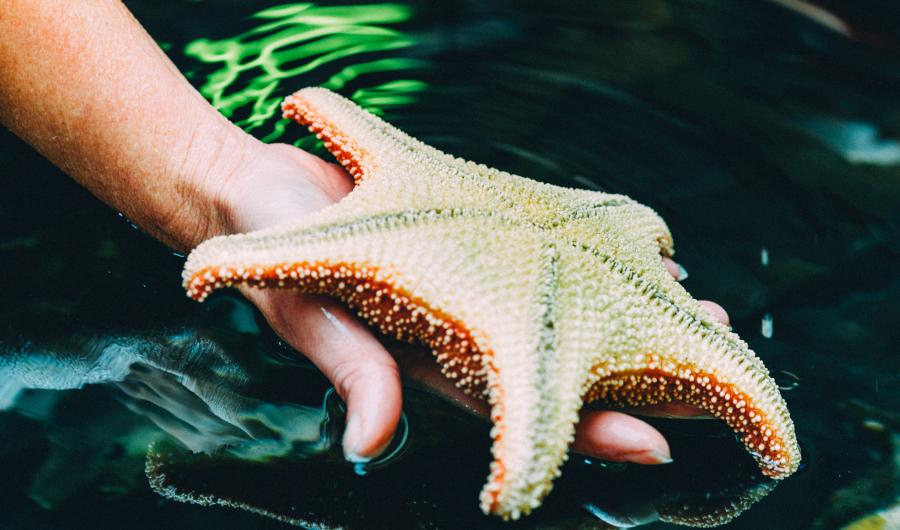
Biology
Discover the world anew through biology! This study will provide you a deeper understanding of life around us and the wonderful complexity of nature.
Programme description
We are surrounded by biology. The nature around us is important for our existence. Are you interested in cell biology, sustainability and biodiversity? Then the one-year-program in biology might be of interest to you. This one-year-program gives you a theoretical framework to understand basic biology. The program is split into subjects which gives you knowledge in fields related to biology such as chemistry, cell biology and biochemistry, biodiversity, sustainability, ecology and mathematics/statistics.
The one-year-program in biology can be used as year one in the bachelor's programme in biology.
Career opportunities
1. Higher education entrance qualification
2. English language proficiency
3. Financial capacity - non-EU/EEA applicants
4. Special requirements: Applicants for the Bachelor's programme in Biology must document previous studies in natural sciences at high school or university level:
- Mathematics R1/(S1+S2)
(Mathematics advanced subsidiary level)
Plus one of the following:
- Mathematics R1+R2
(advanced level)
- Physics 1 + 2 (advanced level)
- Chemistry 1 + 2 (advanced level)
- Biology 1 + 2 (advanced level)
- Information Technology 1 + 2 (advanced level)
- Geosciences 1 + 2 (advanced level)
- Technology and research subjects
1 + 2 (advanced level)
One year programmes are for Norwegian and EU/EEA/Swiss applicants only.Applicants from outside this area can only apply for study permit to degree studies.
After completing the one-year-program you can apply to the bachelor's degree in biology at Nord university and the one-year-program will count for the first year of the bachelor's degree in biology.
After completing the bachelor's degree in biology you can apply for a masters program in Biosciences at Nord university.
Master of Biosciences at Nord has the following specializations:
Aquaculture, genomics, livestock science, marine ecology and terrestrial ecology and nature management.
Knowledge
The student should
- Be able to explain some central theories, methods, and research areas in biology, especially within subject areas such as cell biology, genetics, evolution, species knowledge, and ecology.
- Be able to demonstrate an understanding of the principles of evolution and genetics.
- Have basic insight into the molecular and cellular processes that underlie life, including DNA replication, gene expression, and cell division.
- Have partial knowledge of the diversity of life forms, from single-celled to invertebrate organisms and their ecological adaptations.
- Have basic knowledge in chemistry, mathematics and statistics.
Skills
The student should
- Be able to use some of the subject’s methods and tools to investigate phenomena and solve practical and theoretical issues both in the laboratory and in the field, and be able to write simple reports from these.
- Be able to use R as a statistical tool for simple data analysis.
General competence
The student should
- Be able to aquire new knowledge in biology.
- Be able to work independently and in groups.
- Be able to perform professional work in accordance with good health, safety, and environment (HSE) practices.



